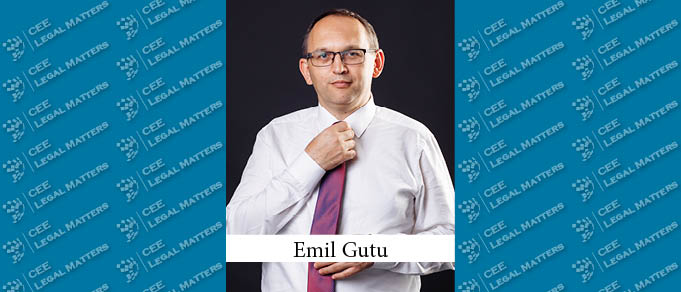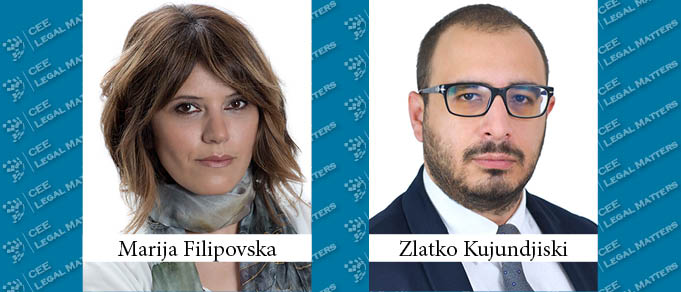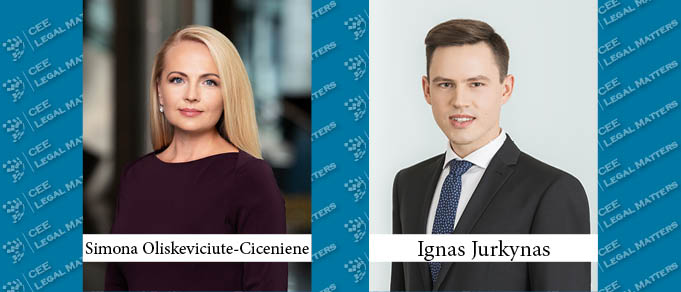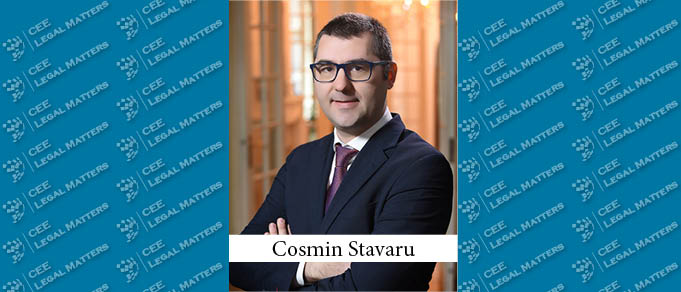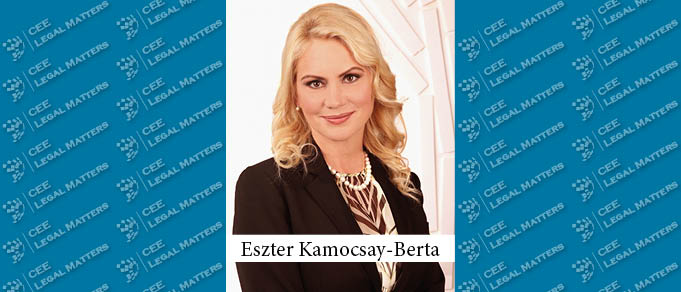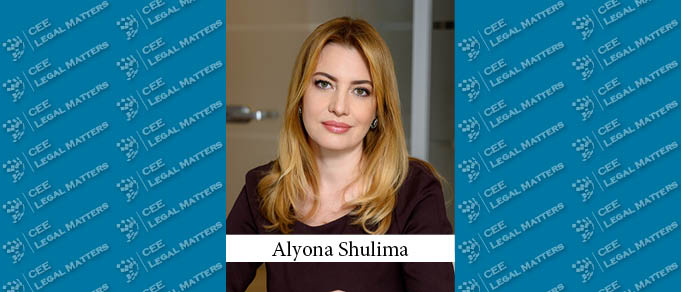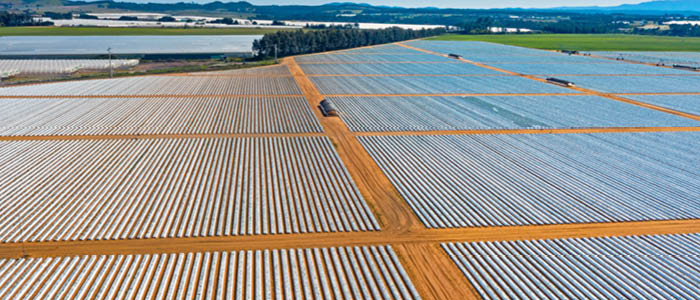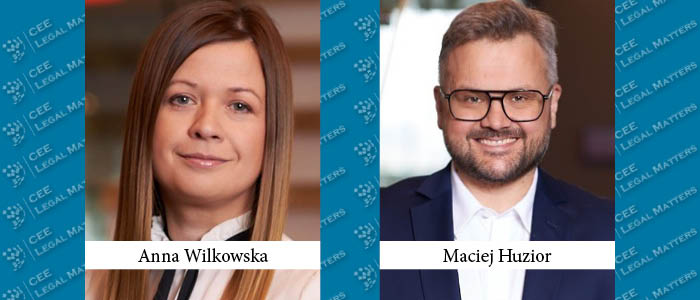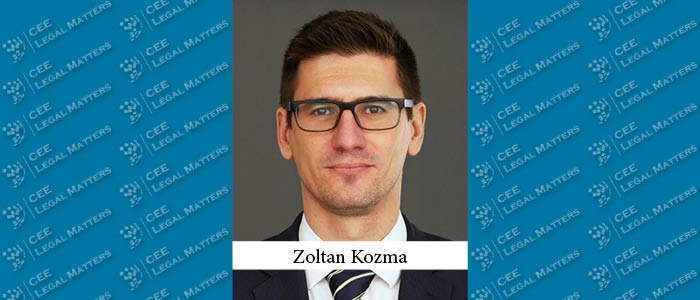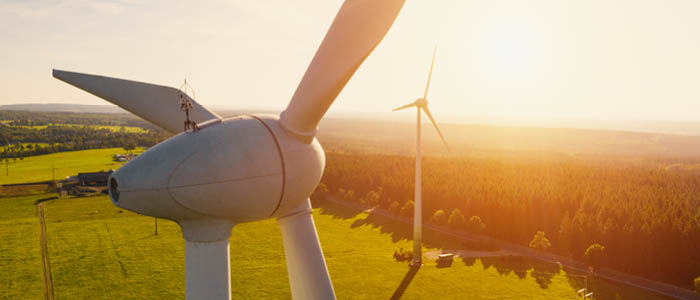The year 2021 is expected to be a long-awaited turning point for the Moldovan electric energy market.
North Macedonia: Strategy for a Renewable Energy Future – Too Ambitious or Ambitiously Realistic?
The year 2020 proved to be positive for renewable energy in the EU. Data published by Eurostat shows an overall increase in the share of energy produced from renewable sources, and the share of renewable electricity exceeded that of electricity produced from fossil fuels.
Lithuania: Current Realities and Future Perspectives of the Oil & Gas Sector
Although Lithuania cannot boast rich oil resources lying beneath its territory, a number of large oil industry facilities are successfully operating in the country. This suggests that Lithuania has sufficient technical capacity to import oil and petroleum products from various countries, as well as diverse and technically ensured possibilities of supplying petroleum products. Moreover, the country has secured the required amount of petroleum product state reserves, which affords protection against disruptions in their supply.
A New Decade for Montenegro’s Energy Sector
Change is brewing in Montenegro. The country finds itself exposed to both unprecedented internal and external factors, turning the gears and taking Montenegro in an uncharted direction. The COVID-19 pandemic has, for the last eighteen months, been putting pressure on economies, health systems, and the people themselves, forcing humanity to combat a deadly adversary through measures unseen in modern history. Montenegro was no exception and had to adjust to the new situation adopting preventive measures in order to mitigate the negative effects of the pandemic. An external factor, the virus, was not the only thing that shook things up for the Montenegrin people. There has been a large upset in the political scene, with the parliamentary election being narrowly won by the opposition, removing the Democratic Party of Socialists from power. The new government is faced with many challenges, including continuing the development of the energy sector through innovative and appropriate legislative, regulatory, and strategic action.
Directly Negotiated PPAs in Romania - Are We There Yet?
Directly negotiated power purchase agreements with physical delivery (“PPAs”) have been a sensitive topic in Romania since 2012, when they were prohibited under the new energy law no. 123/2012 (the “Energy Law”) and continue to be a hot topic today, even though (long term) PPAs negotiated over the counter are expressly allowed under art. 3 (o) of Regulation (EU) 2019/943 (“Internal Market Regulation”), as they fall under the concept of “long term supply agreements”. This is mainly because Romania has stumbled over the last 2 years in reintroducing the directly negotiated PPAs back into the domestic legislation, in line with EU rules and EU market practice.
Solar and Renewable Energy Sector to Benefit From Residential Solar Tender for Hungary
The draft of a huge EU solar tender for the residential sector was published by the Hungarian Government at the end of August 2021. The draft proposal shows that households earning less than the national average income will be eligible for 100% non-repayable grants of between HUF 3-11.5 million (EUR 8,500 – 31,500) for green investment purposes.
Extractive Industries: New and Prospective Regulation in Ukraine
While mineral extraction in Ukraine has a high potential for development and attracting investment, it always entails ecological risks which must be properly mitigated. Recently adopted laws, as well as legislation currently considered by Parliament, are aimed at balancing economic development and environmental protection.

